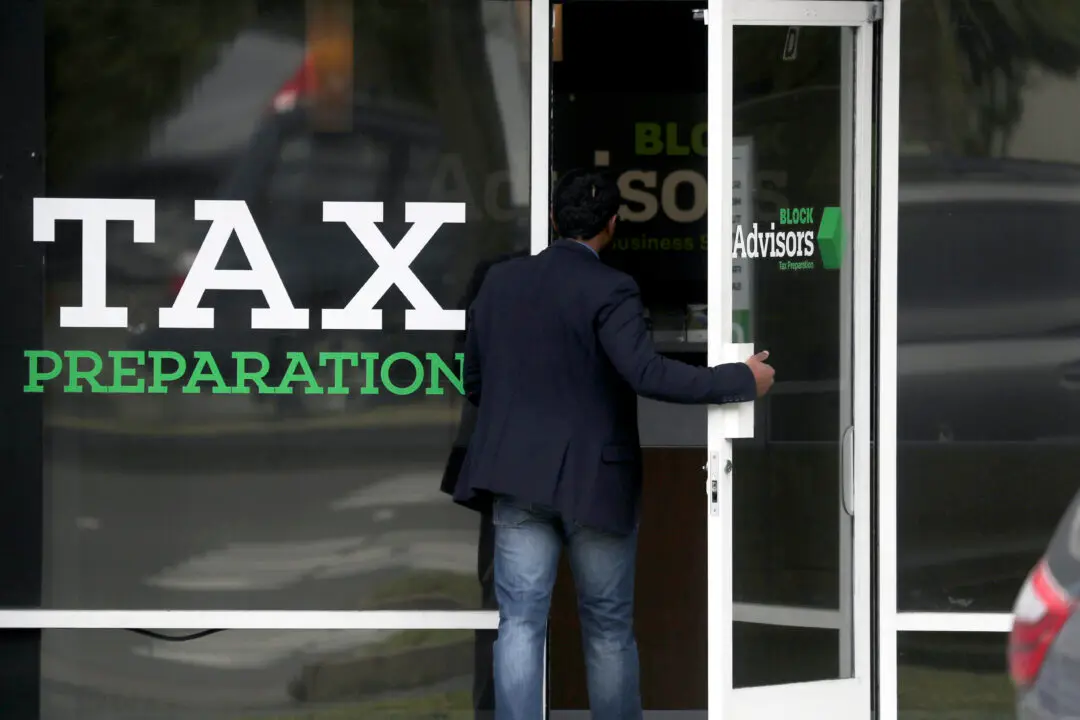Mark Mayberry, an anti-abortion activist, is seeking legal action against the city of Portland, Oregon, for violations of his religious rights and freedom of speech.
In June, Mayberry was in Tom McCall Waterfront Park, where he was displaying a sign defending the unborn, passing out related tracts, and talking to people about abortion and its relation to Christianity.





